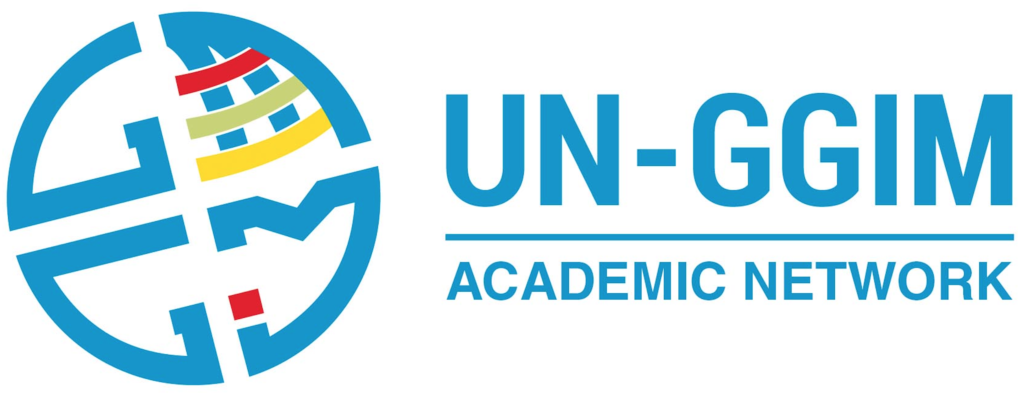The Bureau of the United Nations Global Geospatial Information Management (UN-GGIM) at its meeting convened in New York, 7-9 December 2015, discussed the merits and establishment of an Academic Network to operate under the auspices of UN-GGIM, as a means to capture and include the role and contributions of academia in global geospatial information management. It was agreed that the chairs of the Regional Committees would submit an initial list of three to five leading Universities offering geo-informatics programs in their countries, and the Secretariat would augment this with a number of leading global universities with geospatial programs, particularly those that have been strong supporters of UN-GGIM over the past five years.
An exploratory UN-GGIM Academic Network meeting was convened on 19 April 2016, as a side event to the Fourth High Level Forum on UN-GGIM in Addis Ababa, Ethiopia, from 18-22 April. The meeting was co-chaired by the inaugural Chair of the UN-GGIM Committee of Experts, Dr. Vanessa Lawrence and Mr. Greg Scott, the UN-GGIM Inter-Regional Advisors. It was anticipated that the Academic Network would operate along the same lines as the Joint Board of Geospatial Information Societies (JB-GIS), and would be able to self-organize and contribute to the activities of the UN-GGIM in a similar productive manner. This first Academic Network meeting explored its objectives, terms of reference, and strategic advisory role in the global community.
Acknowledging the discussion at the first Academic Network meeting, and referring to the Addis Ababa Declaration at the conclusion of the Fourth High Level Forum, which endorsed UN-GGIM facilitating the establishment of an Academic Network as a strategic knowledge, research and education arm to assist its activities and objectives, UN-GGIM has formed an Academic Network Task Team with selected senior members from different regions to assist with the following initial tasks:
- Drafting the Terms of Reference for the UN-GGIM Academic Network,
- Suggesting a process for membership in the Network,
- Drafting potential roles and responsibilities for members to be an effective and active Network,
- Preparing an initial work plan and a timeframe for the Academic Network’s activities, and
- Preparing and presenting a report and draft materials of the above tasks for consideration at the upcoming sixth session of the UN-GGIM Committee of Experts Meeting in New York in August 2016.
In order to proceed with the formation of the Academic Network Task Team, the UN-GGIM Secretariat has appointed Professor Abbas Rajabifard from the University of Melbourne to chair the Task Team. The Academic Network Task Team was formed with the following members:
- Abbas Rajabifard, The University of Melbourne, Australia (Chair)
- Huayi Wu, Wuhan University, China
- Joep Crompvoets, KU Leuven, Belgium
- David Coleman, University of New Brunswick, Canada
- Harlan Onsrud, University of Maine, USA
- Menno-Jan Kraak, University of Twente, Netherlands
- Josef Strobl, University of Salzburg, Austria
- Maria Antonia Brovelli, Politecnico di Milano, Italy
- Daniel Páez, University of Los Andes, Colombia
- Jide Kufoniyi, Obafemi Awolowo University, Nigeria
The formation of the academic network was approved by the UN-GGIM Expert Meeting in August 2016 and the Task team authorized to finalize the first Terms of Reference and elect inaugural officers. Professor Maria Antonia Brovelli was elected as the Deputy Chair and Professor. Daniel Paez as a Secretary.
